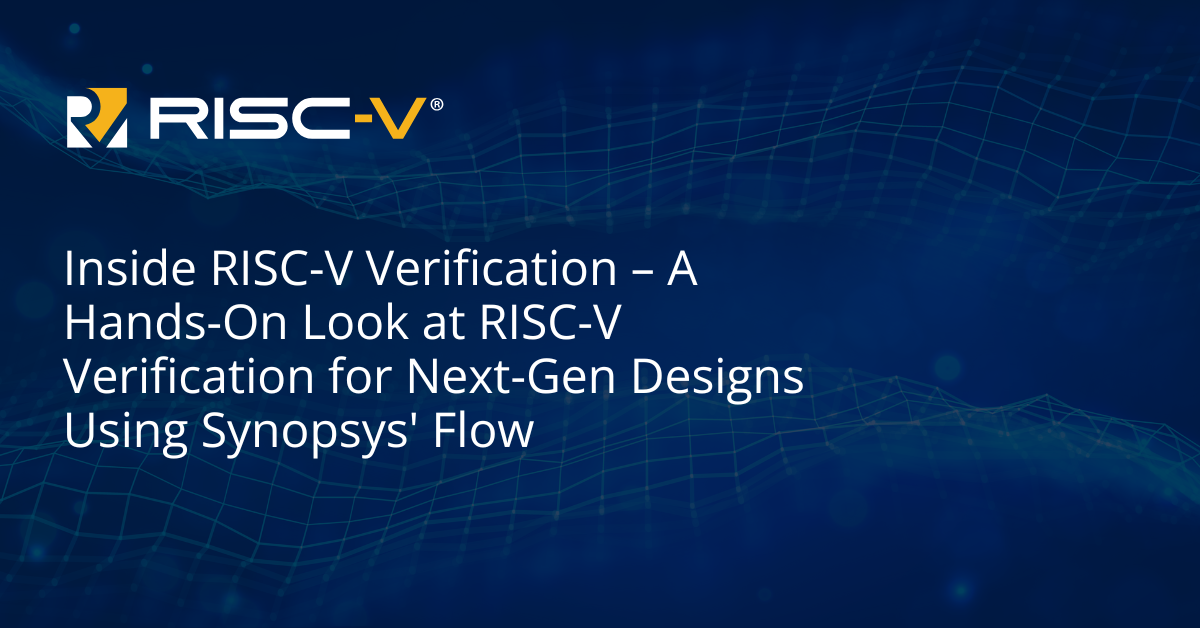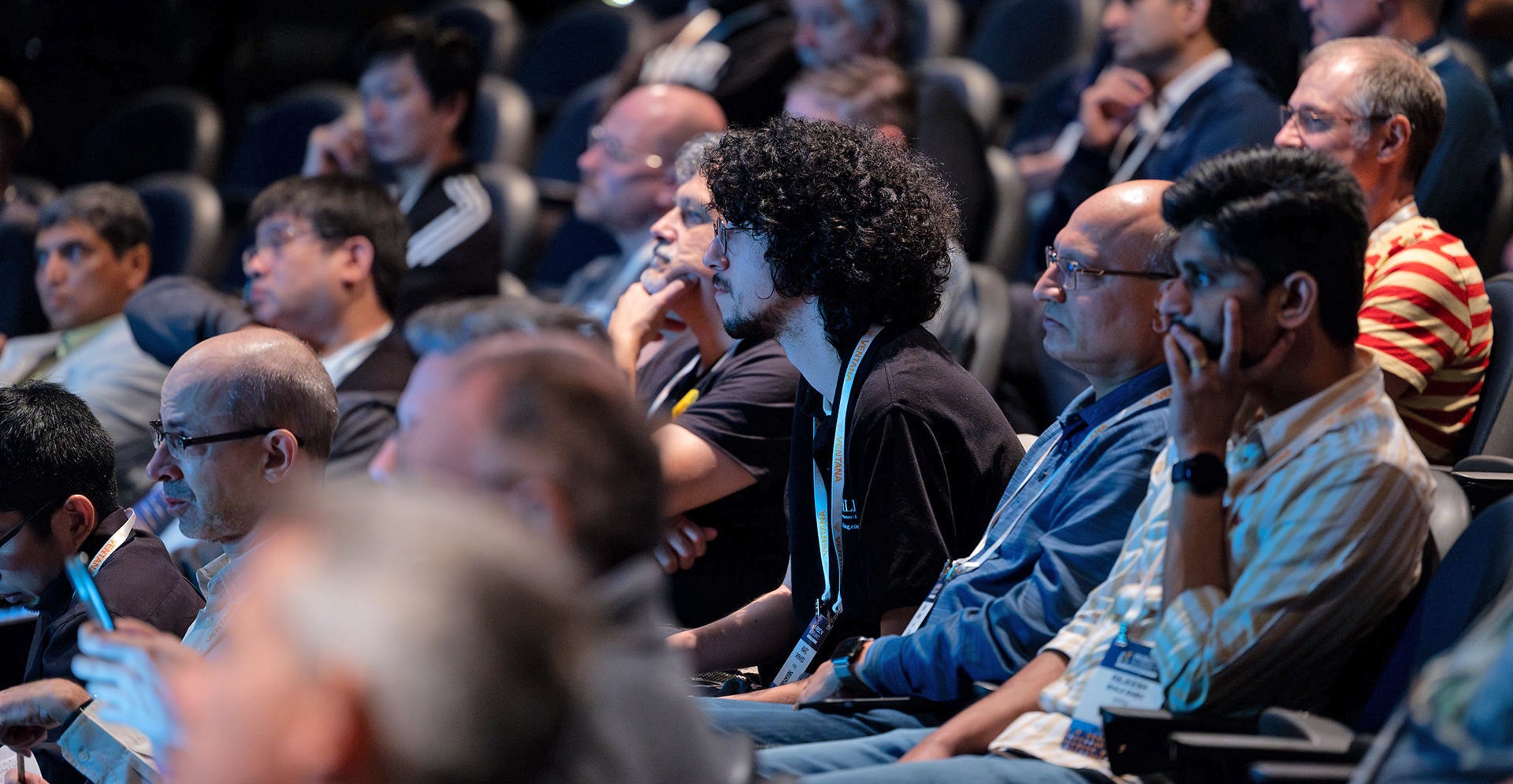The DC-ROMA Laptop II has undergone comprehensive upgrades in both hardware and software, offering enhanced computing power and energy efficiency, as well as extensive system and tool support for developers.
Hardware Upgrades
SoC Upgrade: From 4-Core to 8-Core
The DC-ROMA Laptop II features the new SpacemiT Key Stone™ K1 SoC, delivering substantial performance improvements. According to the report from SpacemiT, the K1’s single-core performance is 30% higher than that of the ARM Cortex-A55, significantly reducing computing costs for equivalent tasks. Additionally, the K1’s power consumption is only 60%-80% of the ARM Cortex-A55, making it more efficient.
K1 supports RVA22 Profile and 256-bit RVV 1.0 standard, providing 2 times SIMD parallel processing capability than ARM NEON.
In terms of AI computing, the K1 supports all mainstream AI algorithms, from AlexNet to Llama-2-7b, enabling seamless integration with all major AI ecosystems and ensuring the successful deployment of AI models. Compared to its predecessor, the K1 improves single-core performance by 10% and multi-core performance by 150%, nearly doubling overall multi-core performance.
Developer Interface
The DC-ROMA Laptop II includes a customized 8-pin developer interface supporting I2C, UART, and PWM functions, simplifying hardware development and debugging for developers. The UART serial port can typically be configured to output the Linux startup command line console.
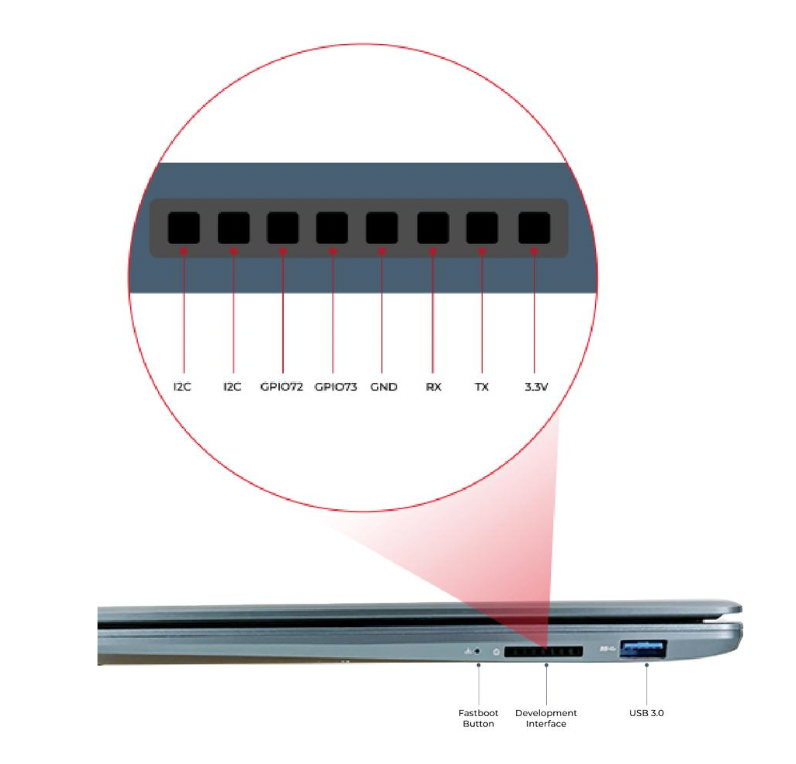
Software Support
Ubuntu Desktop
The DC-ROMA Laptop II comes pre-installed with Ubuntu Desktop 23.10, an open-source, stable, and user-friendly operating system favored by developers. Ubuntu offers robust package management, strong community support, security, cross-platform compatibility, and powerful integrated development tools. Additionally, the laptop supports continuous Ubuntu Desktop system upgrades.
Other Supported Systems
In addition to Ubuntu Desktop, the DC-ROMA Laptop II also supports Ubuntu Server and Debian, catering to various user needs and use cases.
Supported Development Tools
The DC-ROMA Laptop II is pre-installed with several development environments, including:
- GCC (version 13.2.0-4ubuntu3-bb2) 13.2.0
- GNU Make 4.3
- Python 3.11.6
Additionally, users can download and install other development environments, such as:
- Node.js V18.13.0
- Docker version 24.0.7
- Clang version 16.0.6
RISC-V Native Development and Compilation
RISC-V native compilation simplifies developers’ work by providing ease of development and testing with immediate feedback and a simplified toolchain. It ensures accurate performance optimization using the actual target hardware and consistency in the development environment, eliminating compatibility issues.
Native compilation streamlines the workflow by allowing direct development on the RISC-V system, enhances learning and familiarity with the architecture, and reduces overhead by eliminating the need for emulators or simulators. This approach offers a more efficient and reliable development process with better integration and performance profiling capabilities.
C Native Development
- Edit a C file with a text editor and save it, e.g., hello.c.
- Run gcc hello.c -o hello to compile and generate the executable binary hello.
- Run ./hello to see the output “Hello, World!” as expected.
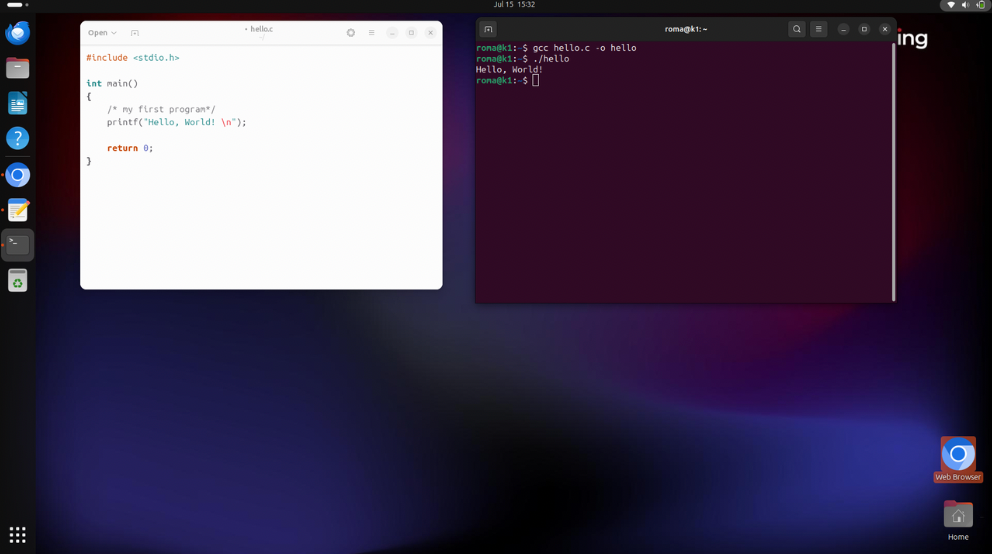
Python Native Development
- Edit a Python file with a text editor and save it, e.g., testyear.py.
- Run the program with the command python3 testyear.py.
- Enter 2022, and it correctly prompts “2022 is not a leap year.”
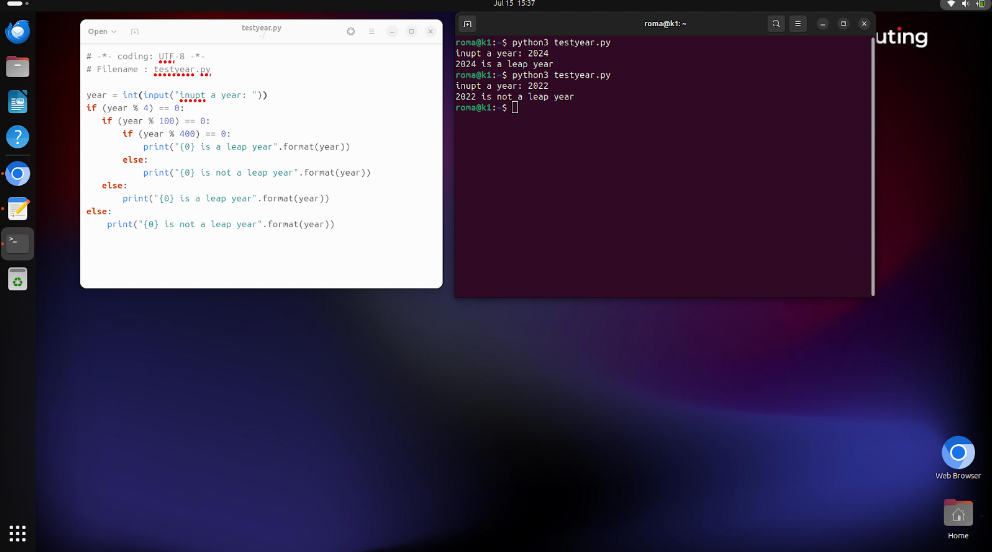
Python + PyQt5 Native Development
- Edit a Python file with a text editor and save it, e.g., Firstwin.py.
- Run the program with the command python3 Firstwin.py.
- The “Hello pyQt5” window pops up as expected.
DC Service Assistant – AI Customer Service
The DC-ROMA Laptop II is equipped with DeepComputing AI customer service software, which can answer a variety of questions related to the company and products, as well as other daily inquiries, providing users with an efficient and intelligent online service experience.
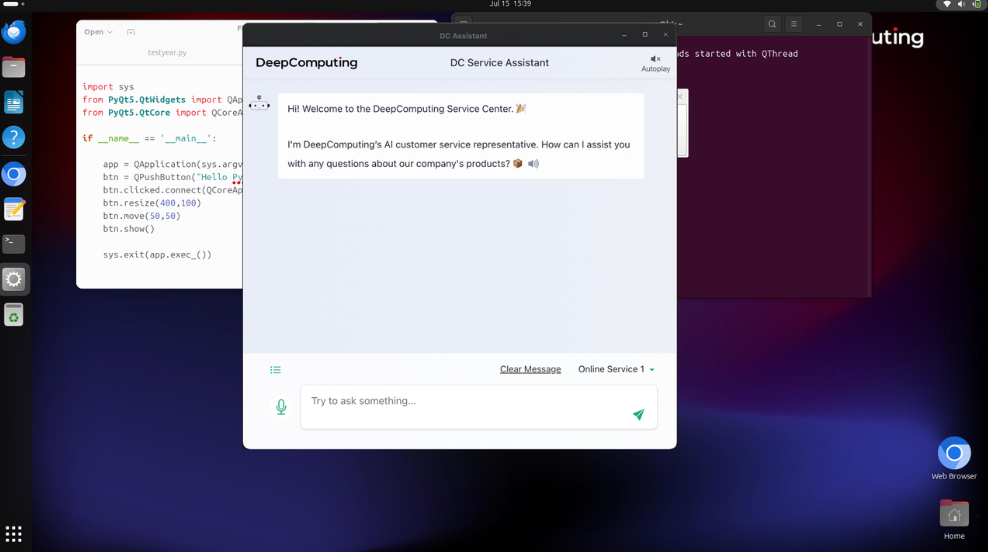
The DC-ROMA Laptop II not only achieves significant hardware performance improvements but also provides developers with a powerful and flexible platform through rich software support and development tools. These upgrades and optimizations will undoubtedly inject new vitality into the RISC-V ecosystem, driving technological innovation and progress.
Visit the DeepComputing website for more information about the DC-ROMA Laptop II. DeepComputing remains committed to technological innovation in the RISC-V field, expanding our product line and services, and promoting the development of the RISC-V ecosystem.

